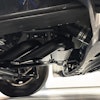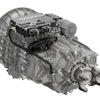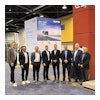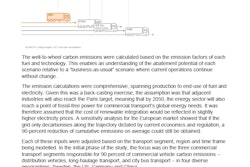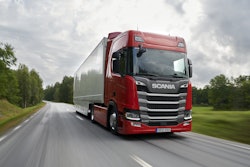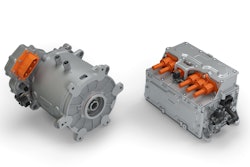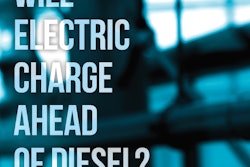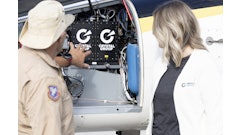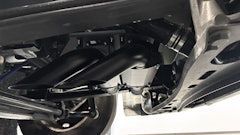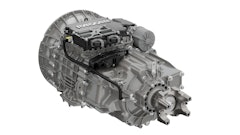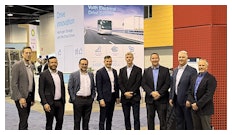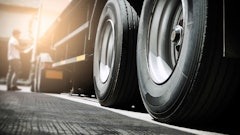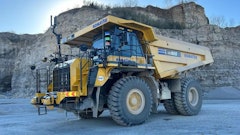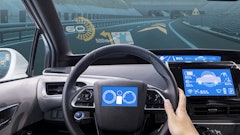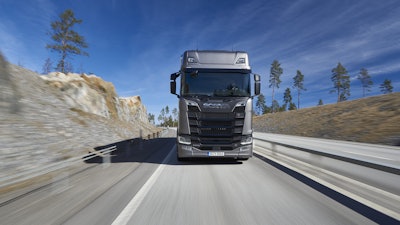
Battery electric vehicles will be instrumental in achieving a fossil-free commercial transport system by 2050 in line with the United Nations Sustainable Development Goals and the Paris Agreement. However, biofuels used in internal combustion engines constitute the best near-term alternative.
“We are developing all alternative technologies bearing in mind their commercial viability,” says Christian Levin, Head of Sales and Marketing at Scania. “It would be futile to launch products that fail to meet the business reality of our customers. The basic premise must be that the technology offers a reasonable cost of ownership in the near term.”
The plug-in hybrid truck and battery electric bus, which are both exhibited at IAA, meet these criteria. “Scania is well-positioned as the technology develops with more cost-effective solutions,” says Levin.
In a major study, Scania has recently explored several pathways towards achieving zero fossil emissions in the coming decades, ranging from full electrification to a portfolio of powertrain types. The study shows that the rapid spread of electric vehicles will require four to five times more infrastructure investment relative to the present situation but will, by 2050, decrease operating expenses by 40%.
In fact, battery electric vehicle growth offers the most cost-effective course of action in total abatement of fossil-fuel heavy transport. By 2031, the total cost of ownership for battery electric vehicles will reach parity with diesel for all vehicle segments, including long-haulage.
Scania is committed to providing all technologies that can immediately help reduce CO2 emissions. An adoption rate growth of new fossil-free powertrain technologies of at least 5-10 percentage points per year on average throughout the world is needed to achieve full sales penetration by 2040.

